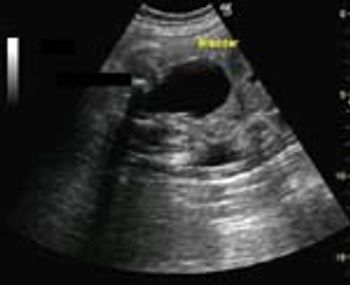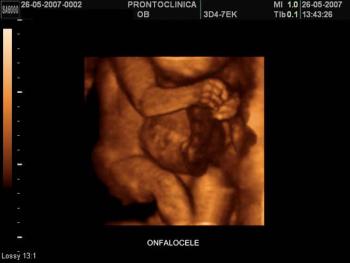
Tuesday's oral arguments on the Affordable Care Act produced at least one truly riveting exchange.

Tuesday's oral arguments on the Affordable Care Act produced at least one truly riveting exchange.


This discussion focuses on approaches to improve medication adherence, particularly in reference to helping adolescents remain on recommended psychopharmacological regimens when transitioning from acute to long-term maintenance.

Here we list important points to keep in mind when assessing and treating patients who self harm.

Being a psychotherapist is a complicated job. Not only must you be knowledgeable about human behavior, psychodynamics, and various techniques of doing therapy, but you have to be prepared for unexpected dilemmas.

Up until now, the leadership of the American Psychiatric Association has stubbornly defended the indefensible DSM-5 proposal that would turn normal grief into clinical depression. APA has blithely ignored the contrary scientific evidence

What are the psychological aspects of “going green”? How should we address what some call climate instability and global heating?

An ABN is a written communication given to a Medicare beneficiary by a physician prior to providing a service that is expected to be denied by Medicare Part B.

What is your diagnosis of this fetal kidney?

Structured around fictional case vignettes, this book presents the different pathways through which one enters the mental health system. Patients can better judge whether they are being offered the optimal treatment modality and can more effectively assess the stylistic match between themselves and their therapist.

As an employed physician, when I was off, I was off. In private practice, the same is not true.

Onfalocele image in 3D-Fetus at 30 weeks gestation.

According to this week’s Time Magazine, the American Psychiatric Association has just recruited a new public relations spokesman who previously worked at the Department of Defense.

Recently our inpatient psychiatric unit moved into a brand new facility. In the months and weeks preceding “the move,” there was much preparation and nervous energy. We had been preparing our patients and ourselves for this day. “

It seems that all the changes in the healthcare system over recent decades have been top down, and without a lot of input from the folks at the delivery end.

Providers will now have until June 30 to make the switch before being penalized.













